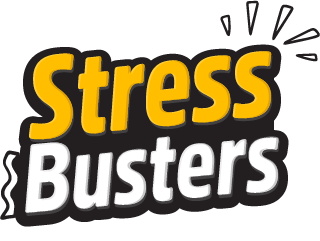
Controlling Blood Pressure: Getting It Right!
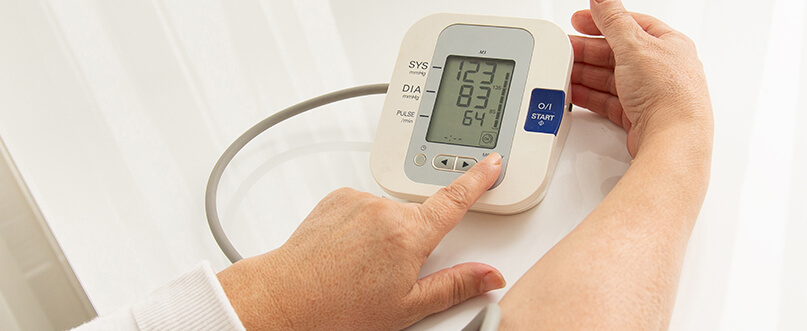
High Blood Pressure is a very commonly found yet severe lifestyle disease that’s a growing cause of concern globally. Amongst the various reasons causing this disease, some of the predominantly ones include an inactive lifestyle, erratic diet, kidney disease, congenital heart disease, hereditary issues, and chronic alcohol abuse, amongst others. Untreated hypertension can lead to serious complications like a stroke, aneurysm, dementia and even heart failure. What makes this condition worse is that it doesn’t show any visible symptoms unless it’s very late. It’s therefore essential to regularly monitor your blood pressure during routine check-ups and take necessary precautions. Before we start to understand how you can get it right with controlling blood pressure, it is essential to know about the condition in detail.
What Is Blood Pressure?
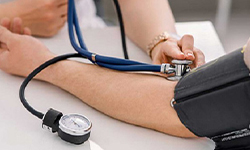
How Do I Know If I Have High Blood Pressure?
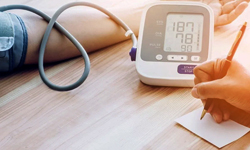
What Are Its Symptoms?

- Difficulty in breathing
- Severe headache
- Flushing
- Dizziness or Drowsiness
- Chest pain
- Visual problems
- Blood in urine
- Seizures and Convulsions
- Stroke, etc
How To Control Your Blood Pressure Or Hypertension To A Right State?
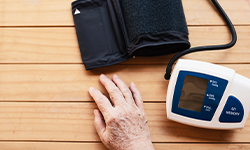
-
Regular Exercises And Physical Activities:
A habit of early morning exercise or physical activities such as yoga can help reduce your stress levels and help in lowering your blood pressure and maintain a healthy heart.
-
Healthy Diet:
A healthy diet is one of the most important things to do when you want to lower your blood pressure. Reduce sodium content in your diet. Avoid eating excess junk foods as these can lead to heart attack, strokes etc. have a heathy high blood pressure diet including fresh fruits, green leafy vegetables, whole grains, fish, etc. can help you have good blood value numbers.
-
Reducing Weight:
Being overweight is one of the most common causes of hypertension. Reduce your weight by physical activities to lower your blood pressure.
-
Anti-hypertensive Drugs:
Once you are diagnosed with high BP, your doctor will prescribe you anti-hypertensive drugs such as b-blockers, diuretics, ACE inhibitors, ARB’s, etc to help lower your blood pressure. Never use these drugs without a proper prescription from a doctor as excess use of these drugs can worsen your condition and can be life-threatening.
Conclusion:
While dealing with high blood pressure or hypertension, it’s essential to understand the condition in detail and keep a check on your lifestyle. You can read more about how to do this at BPinControl.
Note of Caution: This article is for information purpose only. Always consult your doctor in case of any blood pressure or other health-related problems.

Comments (0)
No comments found.Add your comment